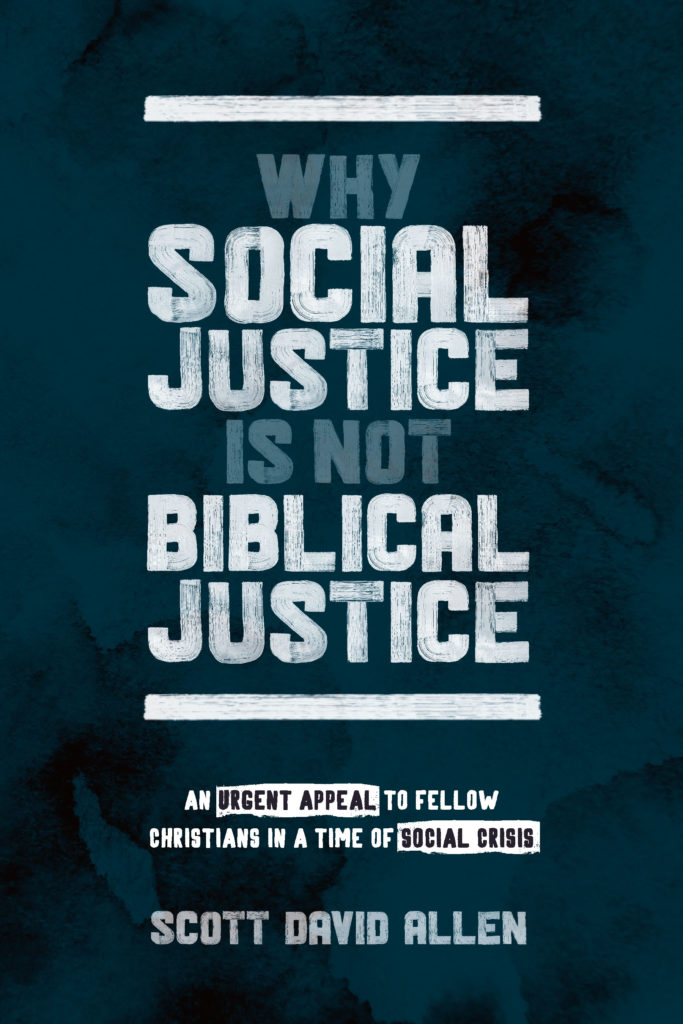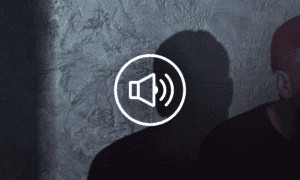At a Glance
Listen in to our interview with Pastor Jesse, a Black Pastor in California, who has been on the front-lines against Critical Theory and Marxism. We explore his history with the Critical Theory movement and the history of Critical Theory in the African American Church.

For more on critical theories, listen to our episodes: “BLM, CRT, and Uncle Tom II” and “Hijacked Justice with Monique Duson and Krista Bontrager“.
What You'll Hear
Chapter 1: Introducing Pastor Jesse (1:25)
- Pastor Jesse is a Black Pastor in California
- Pastor Jesse grew up in the 60s, in the midst of the Civil Rights movement
- Pastor Jesse encountered Critical Theory early in his life, and rejected it in favor of the truth of the Bible
Chapter 2: History of the African American Church (16:19)
- The African American Church began to focus on a social gospel in the 1960s during the Civil Rights Movement
- Much of the African American Church has lost its way from being a strong, conservative, Bible-focused Church as it turned to the social gospel
Chapter 3: The Prosperity Gospel versus the African American Church (25:27)
- There are strong parallels between the Prosperity Gospel and the Social Gospel in the African American Church
- The Prosperity Gospel is very strong in Africa
- It is focused especially on God’s material blessings to us right now, rather than spiritual blessings and the blessings that are coming in the New Heaven and New Earth.
Chapter 4: The Rise of Critical Theory (36:05)
- Critical Theory was a part of the African American Church in the 1960s but disappeared from view for a while before returning
- Much of the African American Church has embraced and spearheaded the push to Social Justice and Marxist ideals
Chapter 5: The Diversity in Christ (45:49)
- Critical Theory wants to divide people into different groups, especially racial groups
- The Church should not let itself be divided
- We are all one in Christ
Chapter 6: The problems facing the African American Church (1:08:05)
- Racism is not the biggest threat, the breakdown of family culture is
- By removing fathers from the family, we unbalance the family, destroy God’s vision for family, and force the mother to take on far more than any one person can do.
- God designed families to have a father and mother, and without both the family will not function properly
Chapter 7: How do African Americans view racism? (1:23:43)
- Racism and slavery are not the biggest issues facing African Americans, and most of them know that.
- They haven’t been told a narrative different than the Social Gospel, and so they are kept in a mindset of Marxism.
Chapter 8: We have a common hope (1:34:43)
- We may suffer, but God will reform the nations.
- We are locked in a struggle between freedom and slavery, between truth and lies.
Using the link above, you can read the transcript, listen along, and adjust the speed of the podcast while you listen.
The emphasis in a social gospel is not about Heaven but about Earth. (38:27)
Go Deeper
Why Social Justice is not Biblical Justice
A book by Scott Allen
Uncle Tom II
Uncle Tom II is an odyssey depicting the gradual demoralization of America through Marxist infiltration of its institutions. The film explores how this deceptive ideology has torn apart the fabric of society while using black America as its number one tool for its destruction. From Executive Producer Larry Elder and Director Justin Malone, comes the continuation of their highly acclaimed film, Uncle Tom (2020). Uncle Tom II will take the audience deeper into black America’s often eradicated history of honorable men, entrepreneurship, prosperity, faith, and patriotism, to its current perceived state of anger, discontent and victimhood. Uncle Tom II unveils the Marxist strategy of creating false racial tension between Americans, with its ultimate goal of obtaining power, destroying capitalism and replacing God with government. Quotes
“I was so desiring to be in a context in which I would be taught the Bible, and trained to do the thing for which Christians are called to do: Exalt the true and living God, promote biblical truth and a biblical worldview, that will be the answer to the problems of our society. And I discovered that in the African American churches, they weren’t doing that.” Jesse (10:27)
“So we can really say that the social gospel began to emerge in the black church during the civil rights movement in a visceral and comprehensive way, so that almost all of your black churches were engaged in civil rights activity.” Jesse (18:03)
“In keeping with ideas have consequence, the battle that we are always fighting is an understanding of a biblical worldview, and the trusted epistemology of God’s word as reflecting reality.”Jesse (26:19)
“The emphasis in a social gospel is not about Heaven but about Earth.” Jesse (38:27)
“What we cannot do is allow Caesar to usurp the authority of God.” Jesse (1:23:18)





Such a fascinating and practical episode.
Thanks for your encouragement!
Thank you for your response.
I hope you will listen to more episodes. Let us know which episodes are your favorite, or if you have any questions!